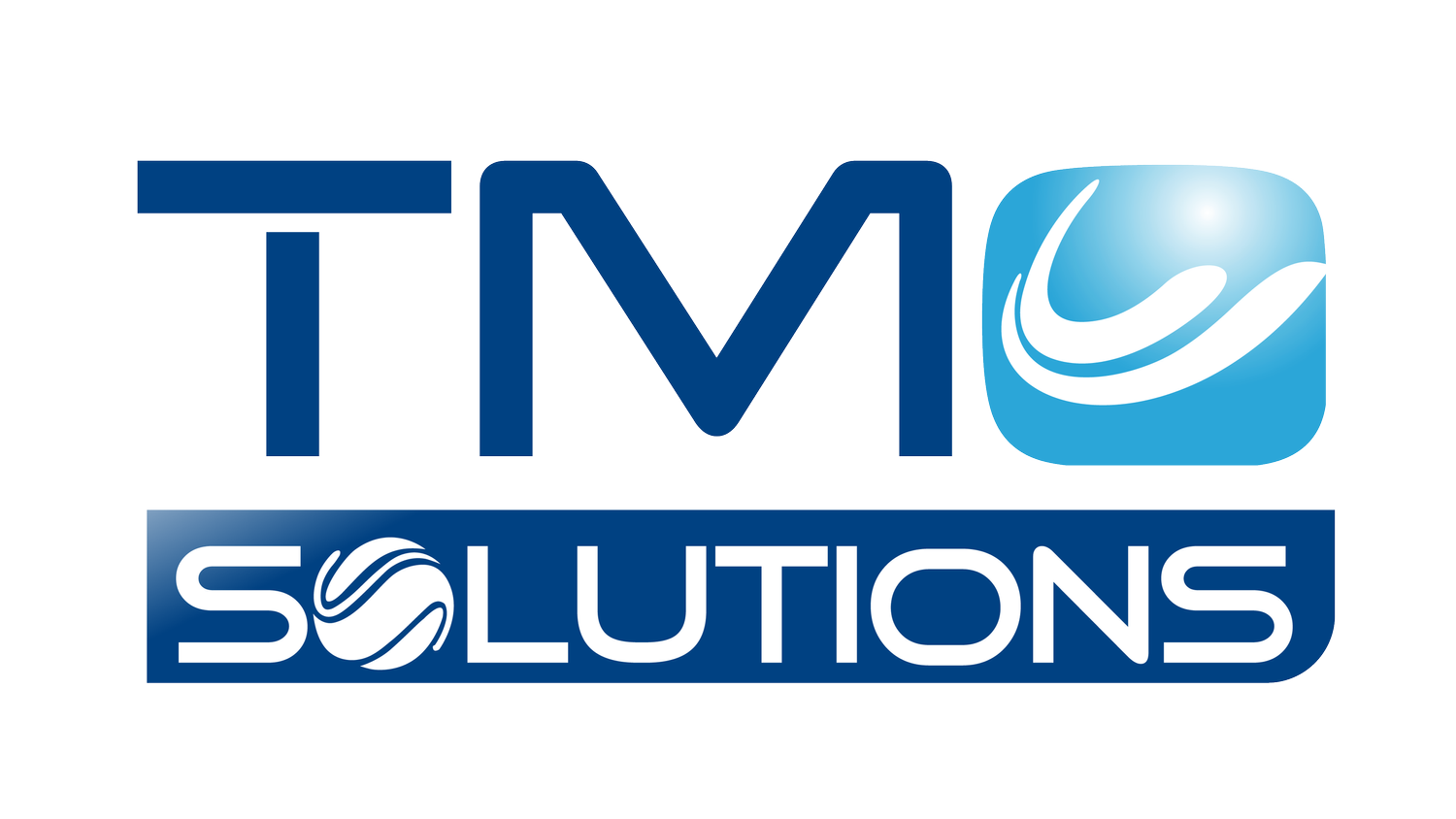Reliability Testing in Aerospace & Automotive
The Importance of Reliability Testing in the Aerospace and Automotive Industries
In high-stakes industries like aerospace and automotive, ensuring the reliability of components and systems is not just essential—it’s critical for safety, performance, and longevity. Both sectors operate under conditions that challenge every part of the vehicle or aircraft, from the engines and electronics to materials and structures. The demand for durability and resilience against extreme environmental conditions makes reliability testing solutions an integral part of the product development and manufacturing process. At TMC Solutions, we offer industry-leading testing systems that help manufacturers ensure their products meet rigorous performance standards.
What is Reliability Testing?
Reliability testing refers to the systematic process of evaluating how a product or component performs under expected (and sometimes unexpected) real-world conditions. This type of testing exposes products to stress factors, including extreme temperatures, vibration, shock, humidity, and more, to ensure they function correctly and consistently over time.
In both aerospace and automotive applications, reliability testing is essential because even a minor failure can result in severe consequences—whether it’s an aircraft component that malfunctions mid-flight or a vehicle brake system that fails during operation.
Why Aerospace Requires Rigorous Reliability Testing
The aerospace industry has stringent requirements for product reliability because the stakes are high. Aircraft and spacecraft components face extreme conditions, such as:
High-altitude pressure changes: Components must operate flawlessly in a low-pressure, high-altitude environment.
Vibration: Aircraft engines and structures endure continuous vibration during takeoff, flight, and landing.
Thermal stress: Aerospace components face fluctuating temperatures, from the heat of re-entry into the atmosphere to the cold of space.
Reliability testing solutions in aerospace verify that components can withstand these environmental factors without degradation in performance. For example, vibration testing is often conducted on control systems, avionics, and sensors to assess their resistance to the stresses of takeoff and in-flight turbulence.
The Role of Reliability Testing in the Automotive Industry
In the automotive sector, reliability testing is equally essential. Cars and trucks operate under a range of conditions, from extreme heat in desert climates to freezing temperatures in winter conditions. Reliability testing ensures that parts like engines, braking systems, and electronic controls continue to function as expected in all driving conditions.
Automotive reliability testing typically includes:
Shock and vibration tests: Automotive parts must withstand continuous vibration, potholes, and sudden impacts.
Thermal cycling: Testing to ensure that engines, electronics, and materials can tolerate rapid changes in temperature.
Corrosion testing: Components are exposed to salt spray and other corrosive elements to simulate the conditions they may face in coastal areas or during winter driving.
Automotive manufacturers use reliability testing solutions to improve vehicle safety, performance, and longevity. By simulating real-world conditions in a controlled environment, manufacturers can identify weaknesses in their designs and make necessary improvements before their vehicles reach the market.
TMC Solutions: Providing Industry-Leading Testing Equipment
At TMC Solutions, we specialize in developing and providing reliability testing solutions for both the aerospace and automotive industries. Our testing systems simulate a wide range of environmental conditions to assess the durability and functionality of your products.
Key reliability tests offered by TMC Solutions include:
Shock and Vibration Testing: Evaluate the ability of components to withstand sudden shocks and continuous vibration.
Thermal Stress Testing: Ensure that products perform optimally under extreme temperatures, from freezing cold to high heat.
Humidity and Corrosion Testing: Assess how materials and components withstand exposure to moisture and corrosive elements.
The Benefits of Reliability Testing Solutions
For manufacturers in aerospace and automotive industries, investing in reliability testing solutions brings significant advantages:
Improved Safety: Reliability testing ensures that components perform safely under all conditions, reducing the risk of accidents or malfunctions.
Cost Savings: Identifying design flaws early in the development process helps manufacturers avoid expensive recalls or re-engineering efforts.
Product Longevity: By ensuring that products can withstand wear and tear, manufacturers can increase the lifespan of their products, leading to greater customer satisfaction.
Conclusion: Enhancing Aerospace and Automotive Safety with TMC Solutions
In industries where the cost of failure is exceptionally high, reliability testing solutions are essential to maintaining safety, performance, and durability. At TMC Solutions, we provide cutting-edge testing systems that help manufacturers in aerospace and automotive industries develop reliable, high-performing products.
Whether you need to test the effects of vibration on avionics or assess the thermal tolerance of automotive engines, our solutions are designed to meet the most demanding industry requirements.
To learn more about how our reliability testing solutions can benefit your products, contact TMC Solutions today. Our team of experts is ready to help you achieve the highest standards of reliability and safety.

